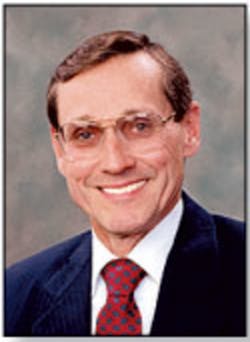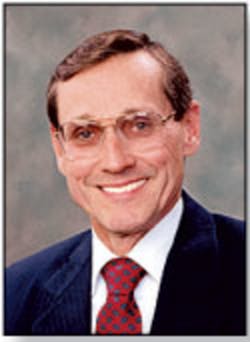TSA is a national educational organization with 200,000 members that promotes technological literacy, leadership, and problem solving. With chapters in 47 states under the guidance and direction of approximately 2,500 science teachers, students from kindergarten to grade 12 are given the opportunity to explore and learn how to solve technological problems, acquire and analyze information to make informed decisions, and develop and use reasoning skills.
The culmination of their academic endeavors is attending the annual national conference. For those wishing to participate in the conference competition, middle and high school students and teachers must follow a set of association guidelines that contains the specifications and rules for each event. The scope of the events is quite diverse, enabling students to choose from a wide range of interesting activities.
Some of the topics featured at the competition and highlighted in the High School Technology Activities, The Official TSA Competitive Events Guide include Architectural Model, Computer Systems Troubleshooting, Electronic Research and Experimentation, and Systems Control Technology. In the Architectural Model, students must develop a set of architectural plans and construct a model based on the design.
Passing a written examination on PC technology is just one of the requirements for competing in the Computer Systems Troubleshooting event. Those scoring highest on the written exam then must analyze and fix hardware and software problems as well as interface effectively with customers.
Electronic Research and Experimentation sounds to me like one of the most difficult events in the program. Not only must participants research, design, and build an electronic device, they also must pass in-depth judging criteria. The highest scores are given to projects that exemplify quality of research, ingenuity, and device complexity.
With one team per state, participants are presented with an industrial engineering problem that requires a computer-controlled solution in the System Control Technology competition. Each team must analyze the situation and build a computer-controlled mechanical model to solve the problem. An interesting aside is that instructions to operate the model must be given to the judges, presumably so they can play with it after hours.
Organizations like the TSA go a long way in providing a forum to help promote technical education in schools around the country. Exposing students to technology early in their schooling means there's a chance they will pursue a scientific curriculum in college.
If TSA programs are offered in your area, consider encouraging your children to participate. It's been said that by the time a girl reaches sixth grade, if she hasn t had the opportunity to learn scientific principles, then the likelihood she will pursue a formal technical education later on is practically nil.
Paul MiloEditor
[email protected]

